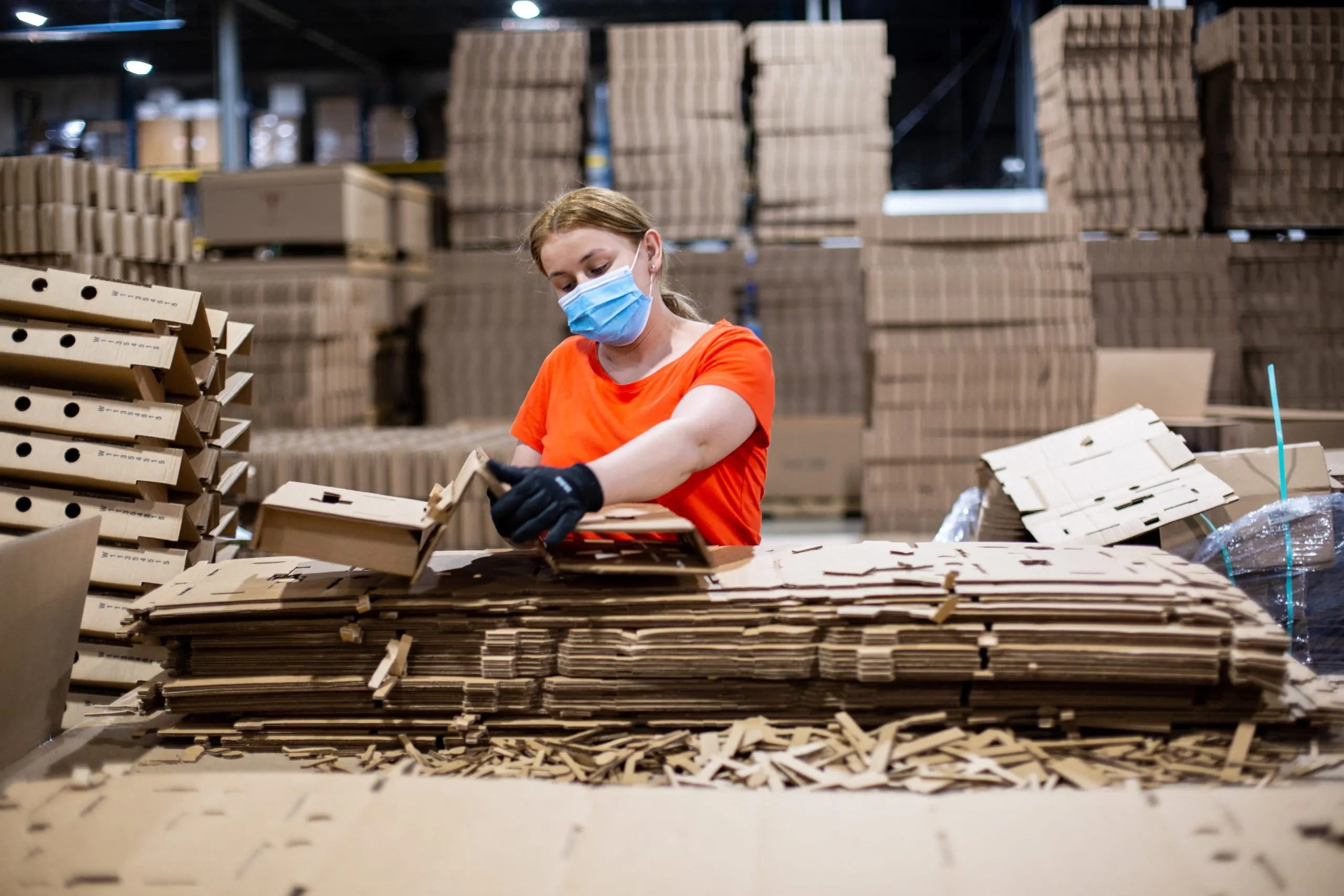Here’s a comprehensive guide on finding factory packer jobs in the UK, particularly for Tuesday to Thursday shifts, along with tips and insights for job seekers. Finding a factory packer job in the UK that fits a Tuesday to Thursday schedule can be a rewarding endeavor. By utilizing online resources, recruitment agencies, and networking, you can enhance your chances of finding the right position. Tailoring your application materials and preparing for interviews will further position you for success.
As you navigate your job search, remain persistent and open to various opportunities. The right job is out there, and with the right approach, you can secure a position that suits your needs and lifestyle.
Finding Factory Packer Jobs in the Uk
The job market in the UK offers various opportunities, particularly in the manufacturing and logistics sectors. Factory packer positions are crucial for businesses that require efficient packaging and distribution of goods. If you’re specifically looking for jobs from Tuesday to Thursday, here’s how you can navigate the search.
Understanding the Role
What Does a Factory Packer Do?
Factory packers are responsible for preparing products for shipment. Their duties typically include:
- Packing Products: Using appropriate materials to package items securely.
- Quality Control: Inspecting products for defects and ensuring they meet company standards.
- Inventory Management: Keeping track of stock levels and reporting shortages.
- Maintaining Cleanliness: Ensuring that work areas are clean and safe.
This role is essential in various industries, including food production, consumer goods, and pharmaceuticals. It often requires attention to detail, the ability to follow instructions, and sometimes physical stamina.
Where to Look for Jobs
- Online Job Boards Websites such as Indeed, Monster, and Totaljobs are excellent starting points. You can search for “factory packer” and filter the results by location and working days. Additionally, sites like Jobsite and Reed can provide listings tailored to your schedule.
- Tips: Use keywords like “part-time,” “temporary,” or “flexible hours” to narrow down your search. Setting up job alerts can also help you get notified about new openings.
- Recruitment Agencies Many agencies specialize in logistics and manufacturing jobs. Some well-known ones include:
- AdeccoManpowerHays RecruitmentBlue Arrow
- Tips: Register with multiple agencies to maximize your chances. Be clear about your availability and preferences during the registration process.
- Company Websites Many larger manufacturers and retailers list job openings directly on their websites. Check the careers section of companies in your area. Brands in the food and beverage sector, e-commerce, and pharmaceuticals often have ongoing recruitment for packers.
- Tips: Create a list of companies you’re interested in and check their websites regularly for new openings.
- Local Classifieds Websites like Gumtree or local newspapers often have job listings. Smaller businesses may advertise directly in these platforms, which can sometimes lead to quicker hiring processes.
- Tips: Be proactive and reach out to local businesses even if they don’t have posted job openings.
- Networking Connecting with people in your community or industry can open doors. Use platforms like LinkedIn to connect with professionals in the logistics sector. Attend local job fairs and networking events to meet potential employers.
- Tips: Join local community groups or forums related to job searching. Engaging in discussions can lead to job leads.
Preparing Your Application
- Tailoring Your CV When applying for factory packer roles, ensure your CV highlights relevant experience. Include:
- Previous Job Experience: List any roles in packing, warehousing, or similar positions.
- Skills: Emphasize skills like attention to detail, teamwork, and familiarity with safety protocols.
- Availability: Clearly state your availability for Tuesday to Thursday shifts.
- Writing a Cover Letter A cover letter can help you stand out. Address the specific job and company, and mention why you’re a good fit for the role. Highlight your experience and express your eagerness to contribute to the team.
- Tips: Keep it concise—ideally one page. Tailor it to each application for a personal touch.
Interview Preparation
- Common Interview Questions Be ready to answer questions about your experience, your ability to work in a team, and how you handle repetitive tasks. Examples include:
- “Can you describe your previous packing experience?”
- “How do you ensure quality in your work?”
- “How do you manage your time during busy shifts?”
- Demonstrating Safety Awareness Safety is paramount in factory settings. Be prepared to discuss how you’ve maintained safety standards in previous roles. Familiarize yourself with general safety practices that are common in warehouses.
Additional Considerations
- Shift Patterns and Pay Understand the pay scale for factory packers in your area, as it can vary by industry and location. Research average wages and benefits associated with these roles.
- Training Opportunities Some employers offer training for new hires, especially regarding safety protocols and equipment operation. This can be a valuable addition to your skill set.
- Temporary vs. Permanent Positions Decide whether you’re looking for temporary work or a more permanent position. Temporary roles can be a great way to gain experience and may lead to full-time opportunities.
Average Salary
- Entry-Level Positions:
- Typically range from £9 to £11 per hour.
- Often found in smaller warehouses or businesses.
- Experienced Positions:
- Can earn between £11 to £15 per hour.
- More likely in larger companies or specialized industries.
- Overtime and Bonuses:
- Many factories offer overtime pay, which can increase earnings significantly.
- Some may provide bonuses based on performance or productivity.
Regional Variations
- London and South East: Salaries tend to be higher, often starting around £10 to £12 per hour for entry-level roles.
- Midlands and North: May start lower, typically around £9 to £10 per hour, but the cost of living is also generally lower.
Job Benefits
In addition to hourly pay, some employers offer benefits such as:
- Paid holiday
- Sick pay
- Pension schemes
- Training opportunities

